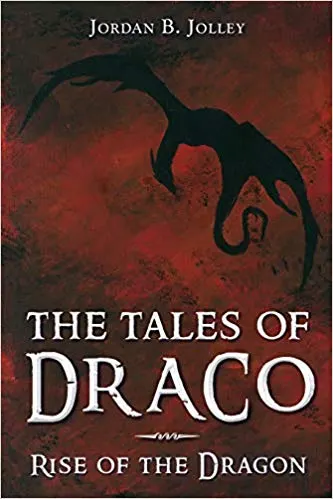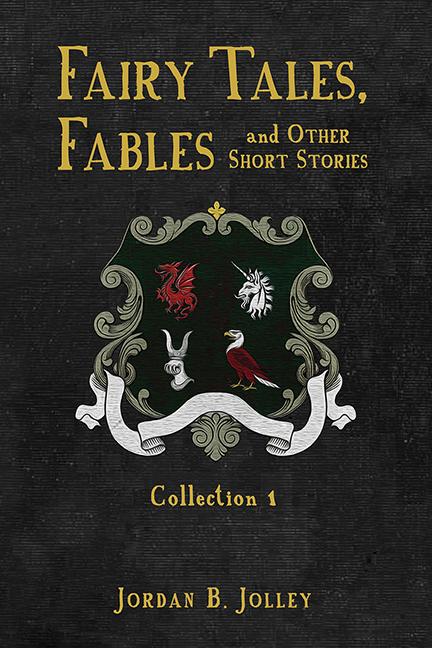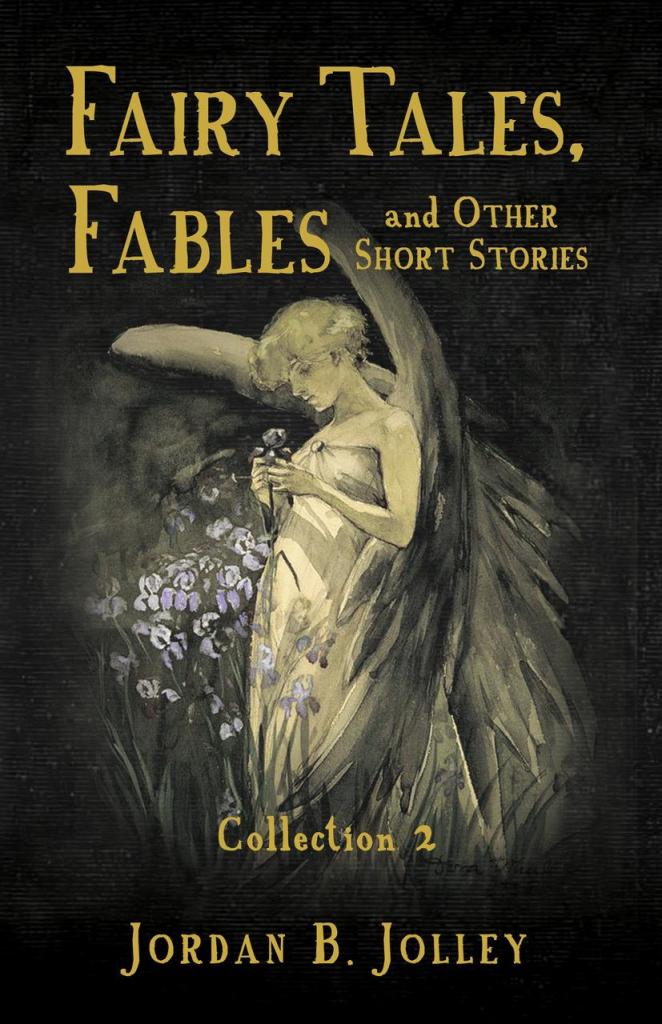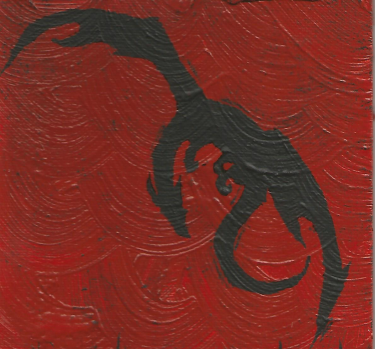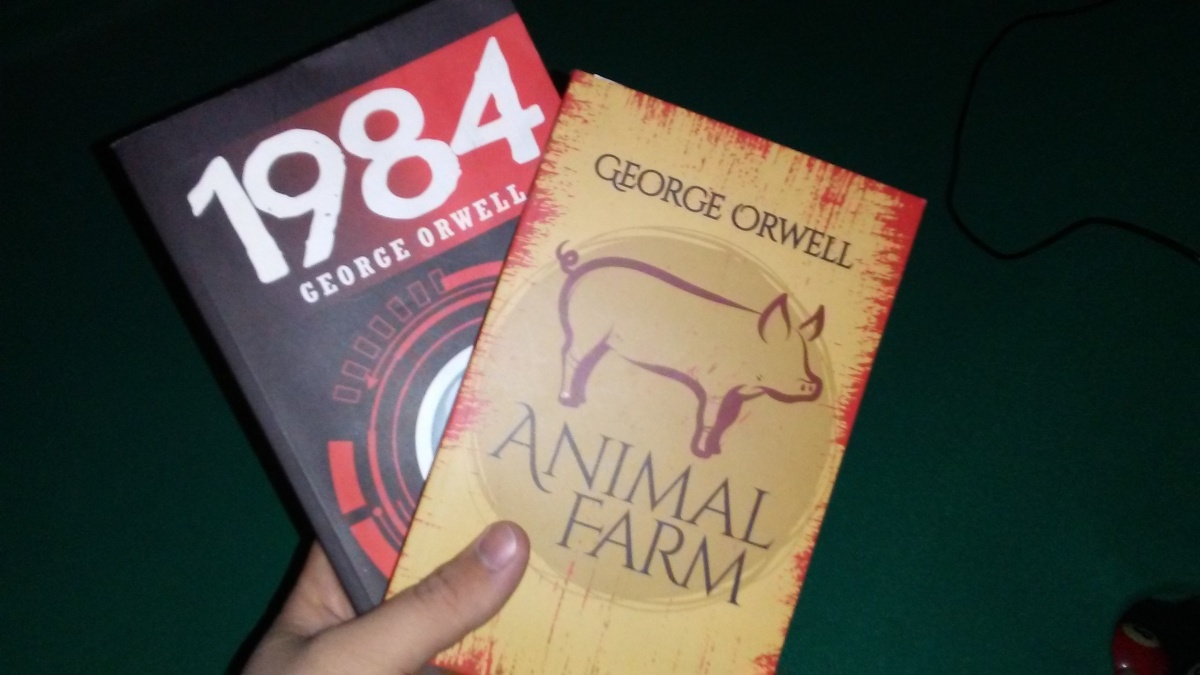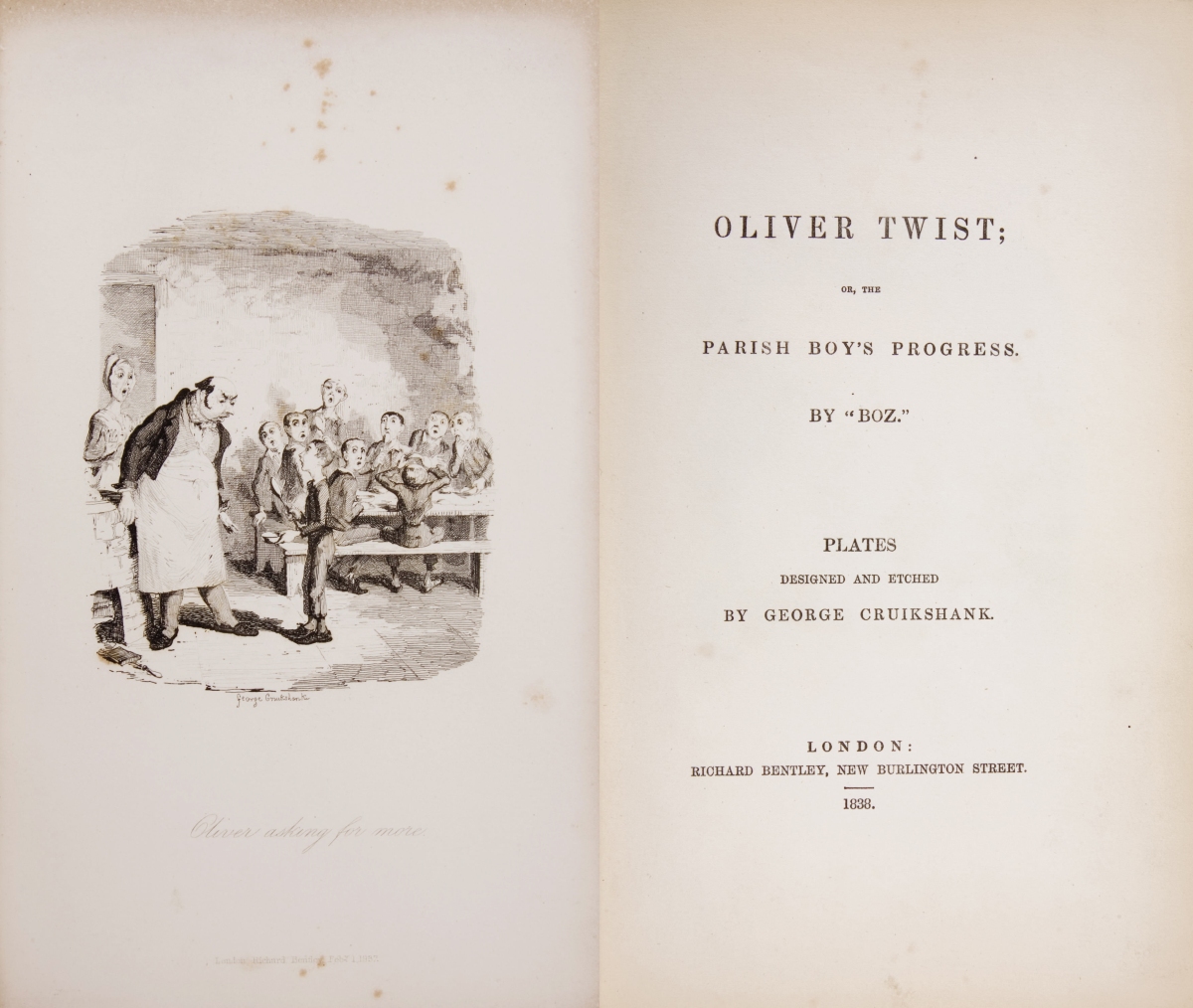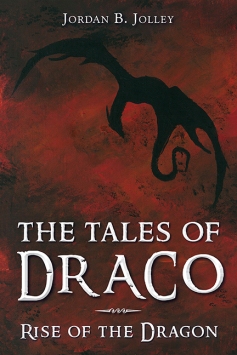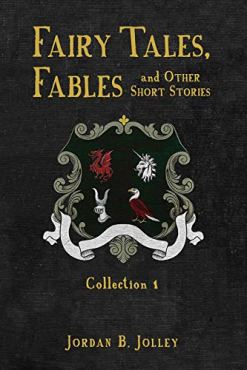As some of you may know, on weekdays I work as the librarian at my local middle school. In the library, I have a display of personally selected books on the front desk I recommend students to check out. If a student reads one of those books and gives me a satisfactory summary on it, I reward them by letting them spin a wheel for a prize. I switch out these books every few weeks, and when October began, I decided to put Halloween and horror-themed books on display. I always like to have a selection of nonfiction works as well as fiction. For October, I chose books that were about such things as Orson Wells’ infamous 1938 broadcast of ‘War of the Worlds’ and science books about about bones and archeology. The most checked-out of these nonfiction books, however, were those about the history of spooky events, like mass witch hunts, to the origins of monsters and spooks that haunt our culture today. When I came across these books, it made me think about how old superstitions and folklore have influenced our present society, and how some beliefs, though they may have changed, have survived the Age of Enlightenment.
To many, the 19th century may seem like an age long past. Even just thinking of a year that begins with a one and an eight may make us picture macabre things such as death masks and post-mortem photography, which were common at the time. Think of Bram Stoker’s ‘Dracula’. The book was published in 1897, and had a contemporary timeline. Nowadays, when someone reads this book, the Victorian-era setting seems to add a certain charm to the story that wasn’t in there when it was first released.
With that being said, it might sound strange for me to say this, but I feel that the 19th century is still comparatively recent, and events from this time still resonate here in the 21st century. I perceive it this way because this was the period in history that many centuries-old traditions began to get spun on their heads. It’s generally accepted by historians that the Industrial Revolution began in the late 18th century. With this new ideology emphasizing mass production and urbanization, philosophies regarding things like politics and religion were beginning to change drastically. Our world was changing at a pace that has never been reached before, and that pace is only getting faster. It’s this provocation of long-established philosophies and perceptions on the value of life that I find so interesting. This is why I have a deep appreciation for literary figures from this peculiar century, such as Dickens, Hugo, Tolstoy, and Dostoevsky.
This era, commonly called the Industrial Revolution, is also called the Age of Enlightenment. Many people became realists as scientific theory was reaching new heights. As certain scientific phenomena became better explained, traditional beliefs of their causes having supernatural influence began to diminish. What used to be believed accounts of elves and fairies have become accepted as works of fiction (remember that the 19th century was the golden age of fairy tales). But have these beliefs really become extinct, or have they just been appropriated into modern philosophy? Since Halloween is approaching, the idea of ghosts and ghouls are constantly on our mind. According to The New York Times, a 2019 poll says that about “46 percent of respondents said they [believe in ghosts]. (1)” It’s not quite the majority, but it still is a high number. Interestingly enough, the percentage of Americans who believe in ghosts is on an upward trend. Gallup says that “in 2005, 32 percent of respondents said they believed in ‘ghosts or that spirits of dead people can come back in certain places and situations.’ When Gallup asked the same question in 1990, the result was 25 percent.”
But what do ghosts have to do with fairies? Actually, a lot. In fact, what certain unexplainable phenomena many of us associate with ghosts today, many people of the past have associated with fairies. Furthermore, fairies were oftentimes considered spirits. Take the Banshee, for example: it is common knowledge that the Banshee is a specter of a woman whose wail foretells a coming death. In our modern culture, we tend to depict her as a ghost, but not necessarily a fairy or an elf; yet Irish folklorist John O’Brien states that such entities are “she-fairies or women-fairies, credulously supposed by the common people to be so affected to certain families that they are heard to sing mournful lamentations about their houses by night, whenever any of the family labours under a sickness which is to end by death, but no families which are not of an ancient & noble Stock, are believed to be honoured with this fairy privilege. (2)” Lady Wilde (Oscar Wilde’s mother), another prominent Irish folklorist, says, when describing the Banshee’s appearance, that “it may… be intended to emphasize her state as a fairy creature (3)”, but yet she also refers to the Banshee as a “mournful spirit”. O’Brien and Wilde show us that the terms fairy and spirit can be used interchangeably in this context, though a ghost most-often refers to the spirit of a person who had departed life. Perhaps spirit is an umbrella term for any supernatural being? If this is true, and if many people today still believe in various types of spirits, then has the belief in fairies really gone extinct?
I personally believe in the existence of spirits, but in things like ghosts and fairies, I can’t say I do or I don’t believe in them; though I know many people who do believe in literal ghosts. I feel inclined to say that just because a truth exists in one perception, it doesn’t mean it isn’t true in others. Science only explains how things happen, not why. If there is some nonhuman intelligence influencing certain phenomena, are they not the fairies and ghosts some of us perceive them as? Say that you hear an eerie cry in the woods one night, and as you go to investigate it, you see a pair of ghostly glowing eyes staring back at you. One may know that it’s only an animal, while another may perceive it as a spirit. With this in mind, it could be understood that animals are the causes of some of our beliefs in spirits. If that’s the case, are they not the fairies and spirits that shape cultures? Perhaps I’ll elaborate on this in next month’s post. Until then… Happy Halloween!
–
Sources:
(2): O’Brien, John (1768). Focalóir Gaoidhilge Sax-Bhéarla. Nicolas-Francis Valleyre, Paris.
–
If you enjoyed reading this post, be sure to leave a like. Please check out my books in the links below. Thank you for your support!
Rise of the Dragon – book one (click here)
The Six Pieces – book two (click here)
Fairy Tales, Fables & Other Short Stories – Collection 1 (click here)
Fairy Tales, Fables & Other Short Stories – Collection 2 (click here)
